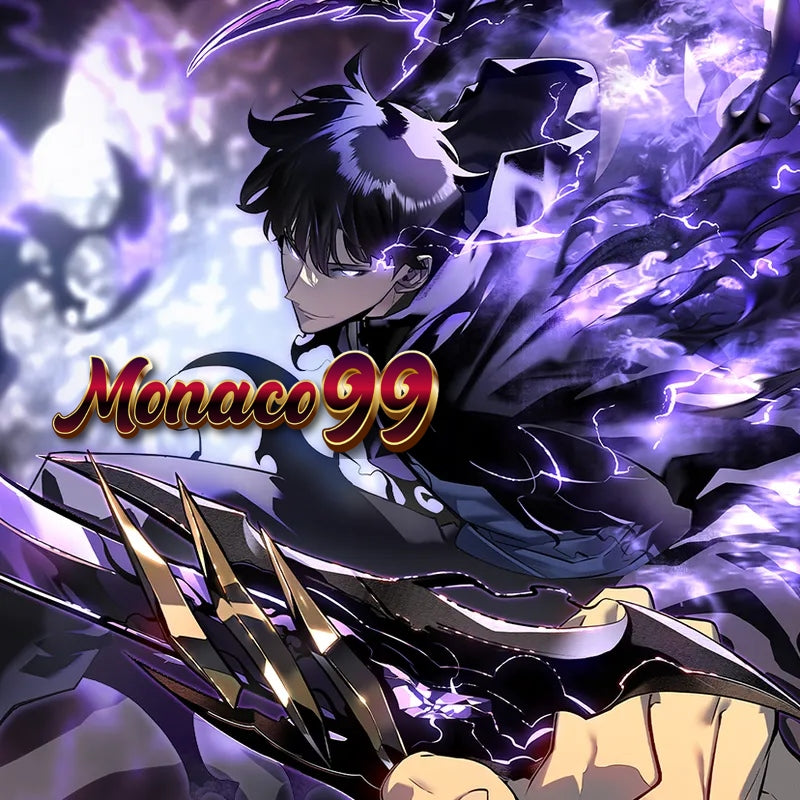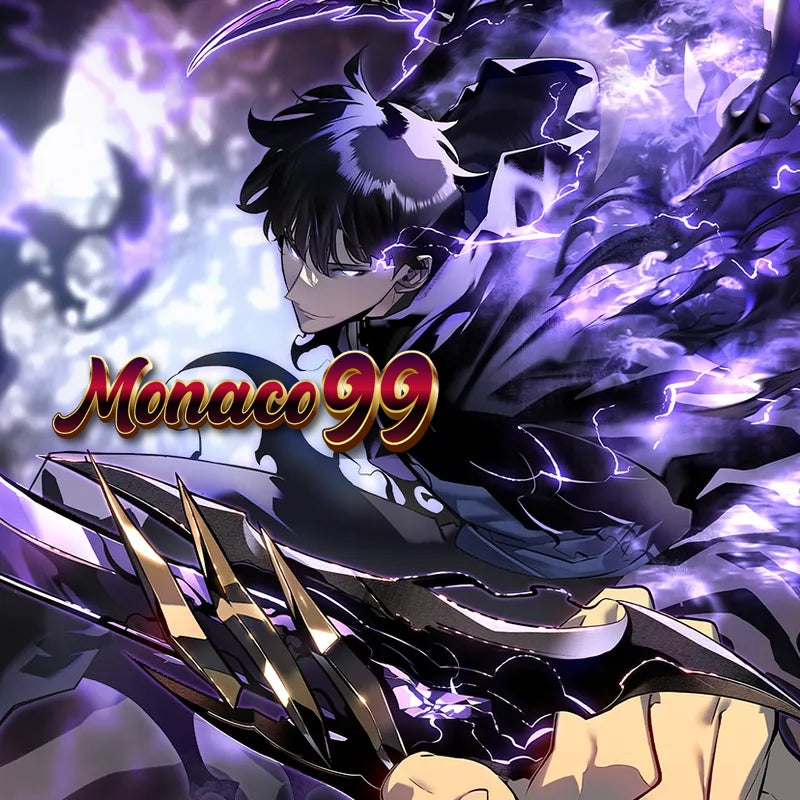SLOT777 GACOR RESMI
MONACO99 >> Daftar Situs Slot Gacor Hari Ini & Slot777 Resmi Paling Gacor Maxwincor Maxwin
MONACO99 >> Daftar Situs Slot Gacor Hari Ini & Slot777 Resmi Paling Gacor Maxwincor Maxwin
Couldn't load pickup availability
Monaco99 terkenal sebagai situs slot gacor hari ini yang gampang maxwin di slot777 & situs slot paling gacor terbaik di Indonesia. Semua pemain slot online maxwin pasti akan mencari situs slot resmi terpercaya. Oleh karena itu, slot maxwin Monaco99 adalah jawaban bagi anda yang takut kalah dalam bermain slot. Monaco99 merupakan slot resmi hari ini memberikan akun slot gacor kepada member barunya setiap hari. Keunggulan mempunyai akun slot paling gacor ini adalah akun anda akan menjadi gampang menang maxwin terbesar.
Slot777 resmi paling gacor dalam artinya akun kalian akan terhindar dari kekalahan sampai anda bisa menang maxwin. Slot gampang menang gacor juga dalam artinya akun akan memiliki winrate kemenangan diatas akun biasa, winrate akun slot777 maxwin ini diatas 97.9%. Sangat luar biasa situs slot maxwin Monaco99 memberikan kemudahan bagi para member setianya. Tidak perlu ragu untuk segera daftar di situs slot gacor maxwin Monaco99 untuk mendapatkan keuntungan lainnya. Dengan kalian daftar dan menjadi bagian dari slot gacor maxwin Monaco99, berarti kalian sudah otomatis mendapatkan akun slot gacor resmi hari ini juga!
Situs Slot Gacor Hari Ini Gampang Maxwin Di Slot777 Resmi
Slot gacor maxwin atau slot777 paling gacor juga dikenal sebagai situs slot gampang menang sensasional pecah x500 x1000. Maka dari itu, Monaco99 ingin menjadi salah satu destinasi para slotter pecinta slot gacor maxwin gampang menang hari ini. Salah satu kelebihan Monaco99 dibanding kompetitor lain adalah akun slot maxwin terbaik. Ini bukan merupakan suatu akun untuk menipu member, tetapi ini benar benar merupakan daftar slot gacor maxwin yang dijamin dengan mempunyai akun ini pasti menang. Monaco99 juga menyediakan berbagai game slot777 gampang menang seperti :
- Slot Gacor Scatter Hitam
- Slot Gacor Gates Of Olympus
-
Slot777 Sweet Bonanza
- Slot777 Starlight Princess
- Slot Gacor Maxwin Mahjong Ways 2
- Slot Gacor Maxwin PGSlot
- Slot Gacor Hari Ini Sugar Rush
- Slot Gacor Hari Ini Aztec Gems
Share



